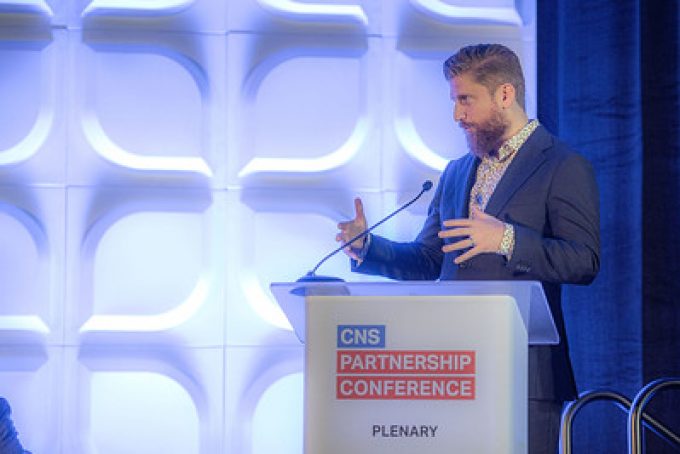IATA to downgrade air cargo growth forecast 'to something more sustainable'
IATA’s air cargo 2025 growth forecast for yields and volumes is set to fall, after ...

Speculation that the CNS Partnership event may have run its course seems premature.
Attended by some 700 people this year, the event is primarily based around forwarder and airline negotiations, both for the rest of the year and 2025.
While one forwarder drily noted that if both ...
Keep our news independent, by supporting The Loadstar
Four crew members still missing as Wan Hai 503 continues to burn
Explosions and 'out-of-control' fire reported on Wan Hai box ship
Carrier price hikes hold, driving spot rates higher as space gets scarcer
Crew forced to abandon ship in latest fire on vessel carrying EVs
The Loadstar Podcast | Transport Logistic and Air Cargo Europe 2025
Transpacific rates ease as capacity boost proves too much for trades to digest
MSC Elsa crew face criminal probe, as Wan Hai 503 firefighters battle on

Comment on this article